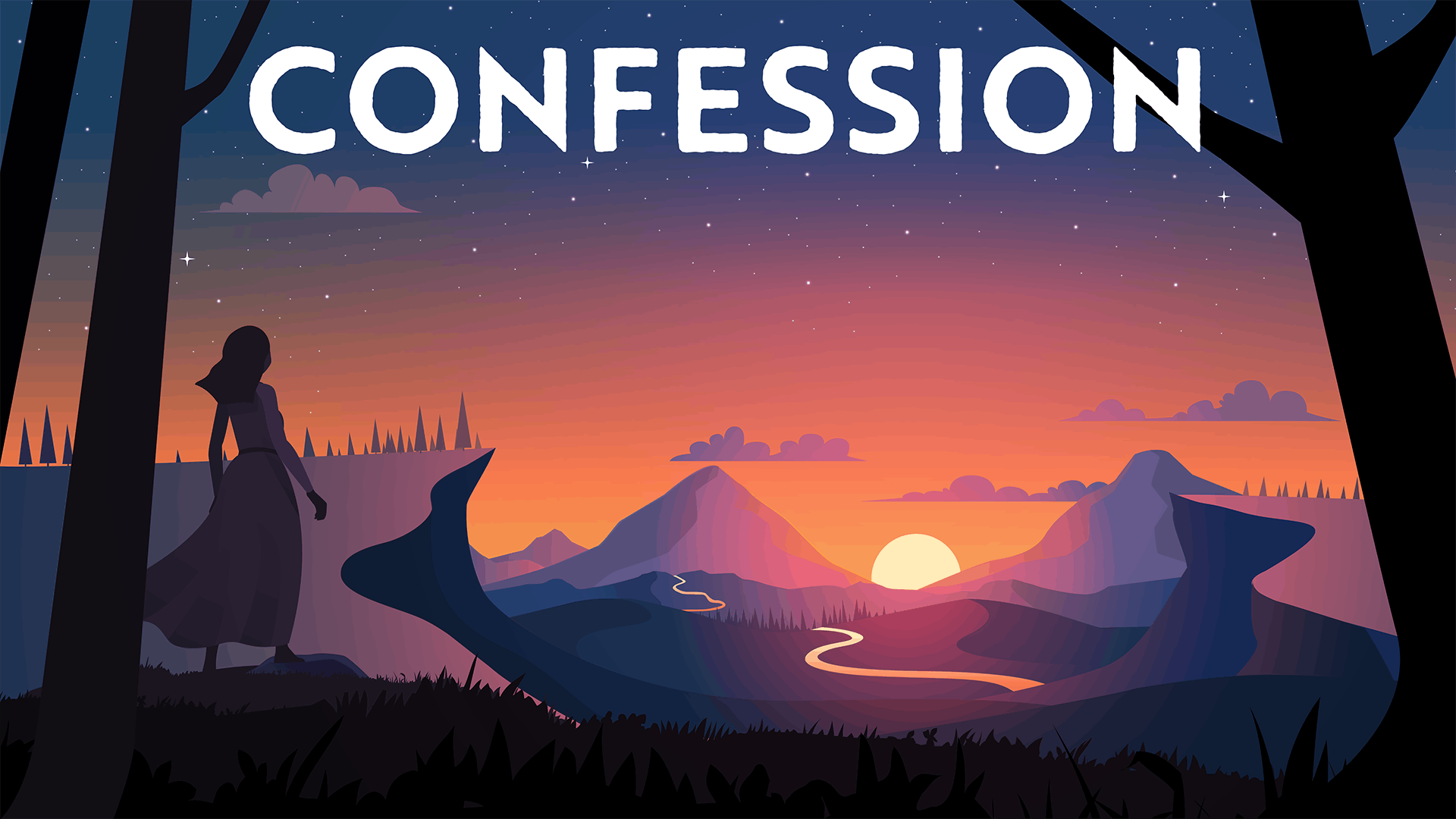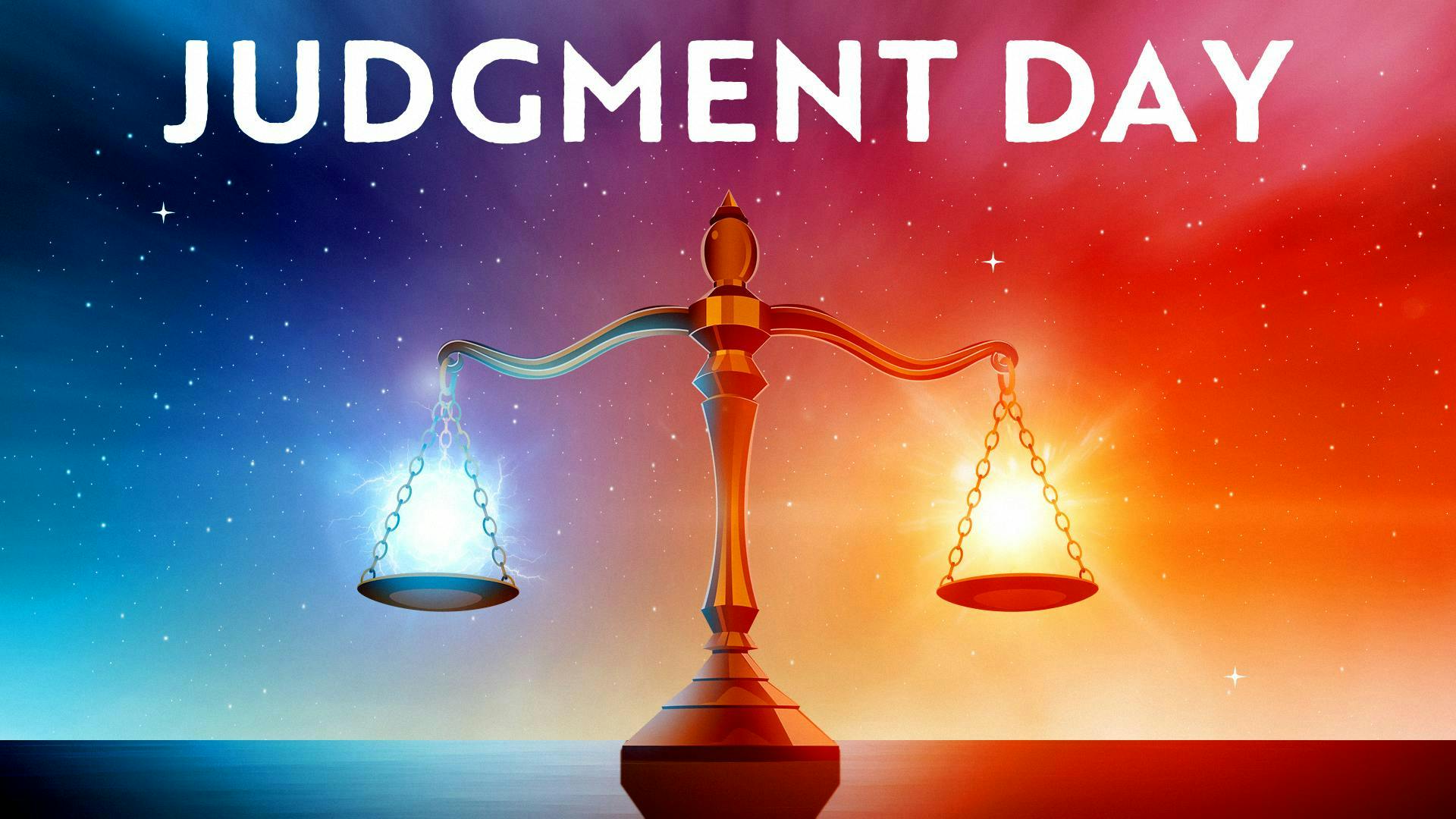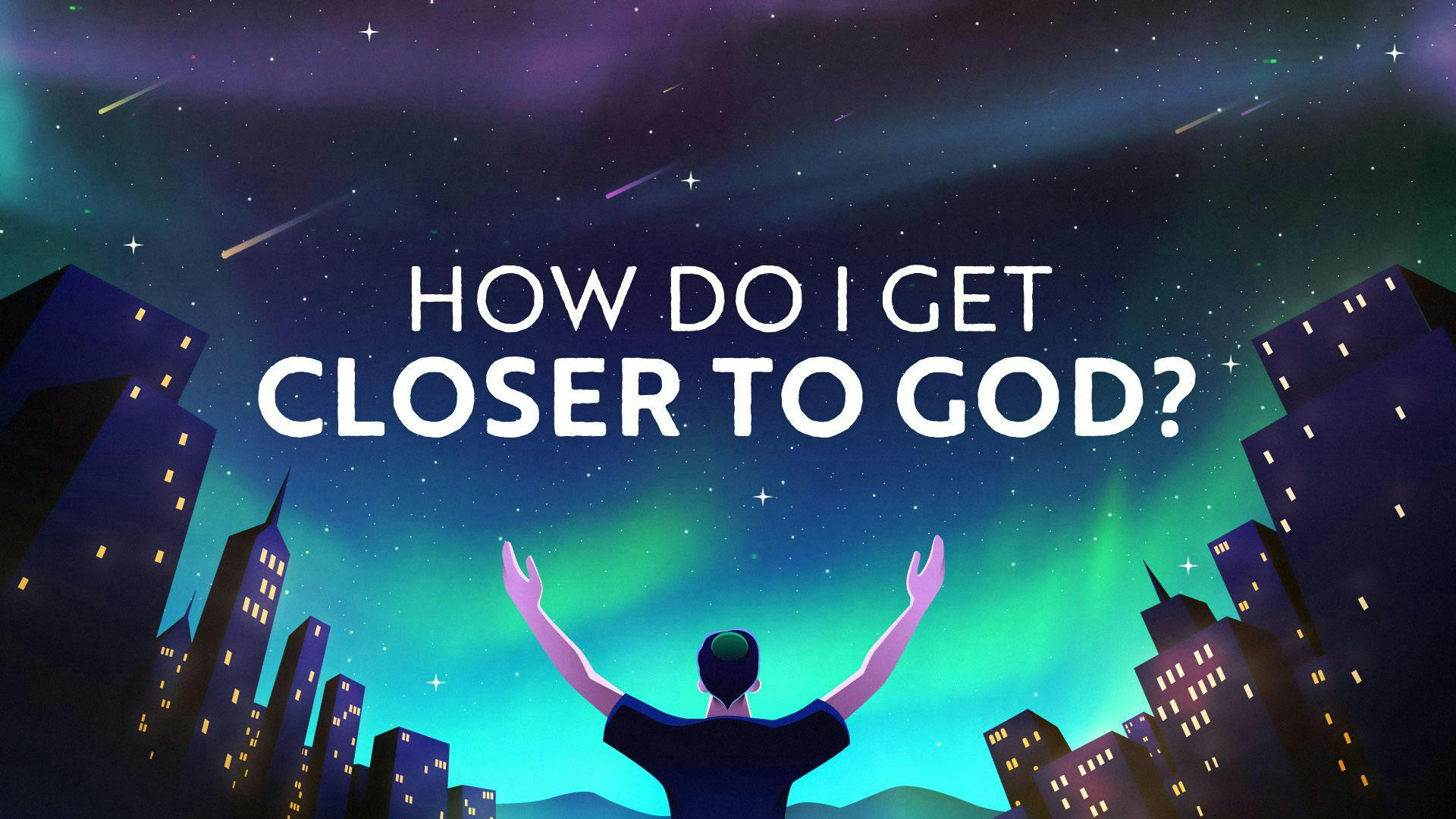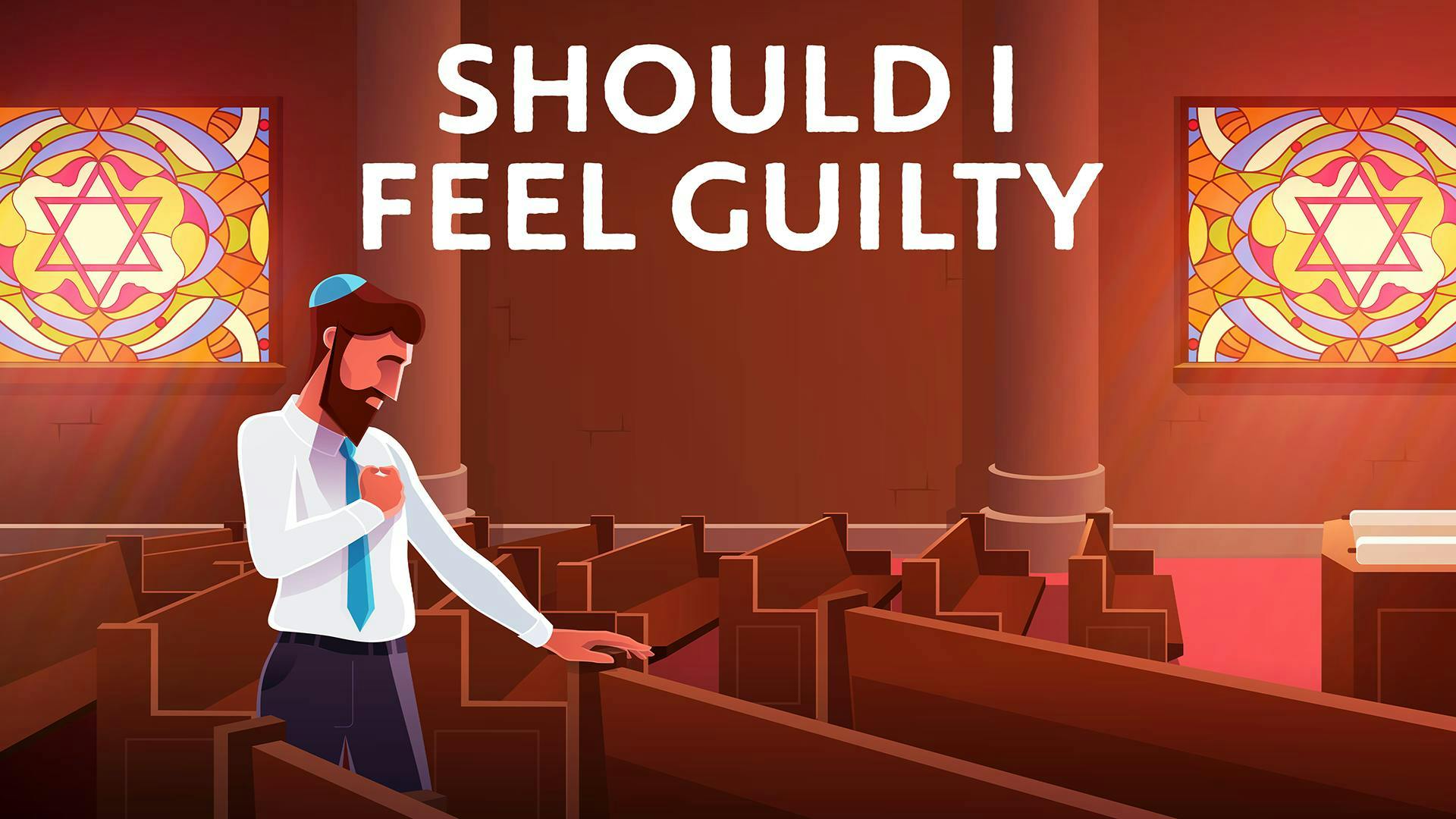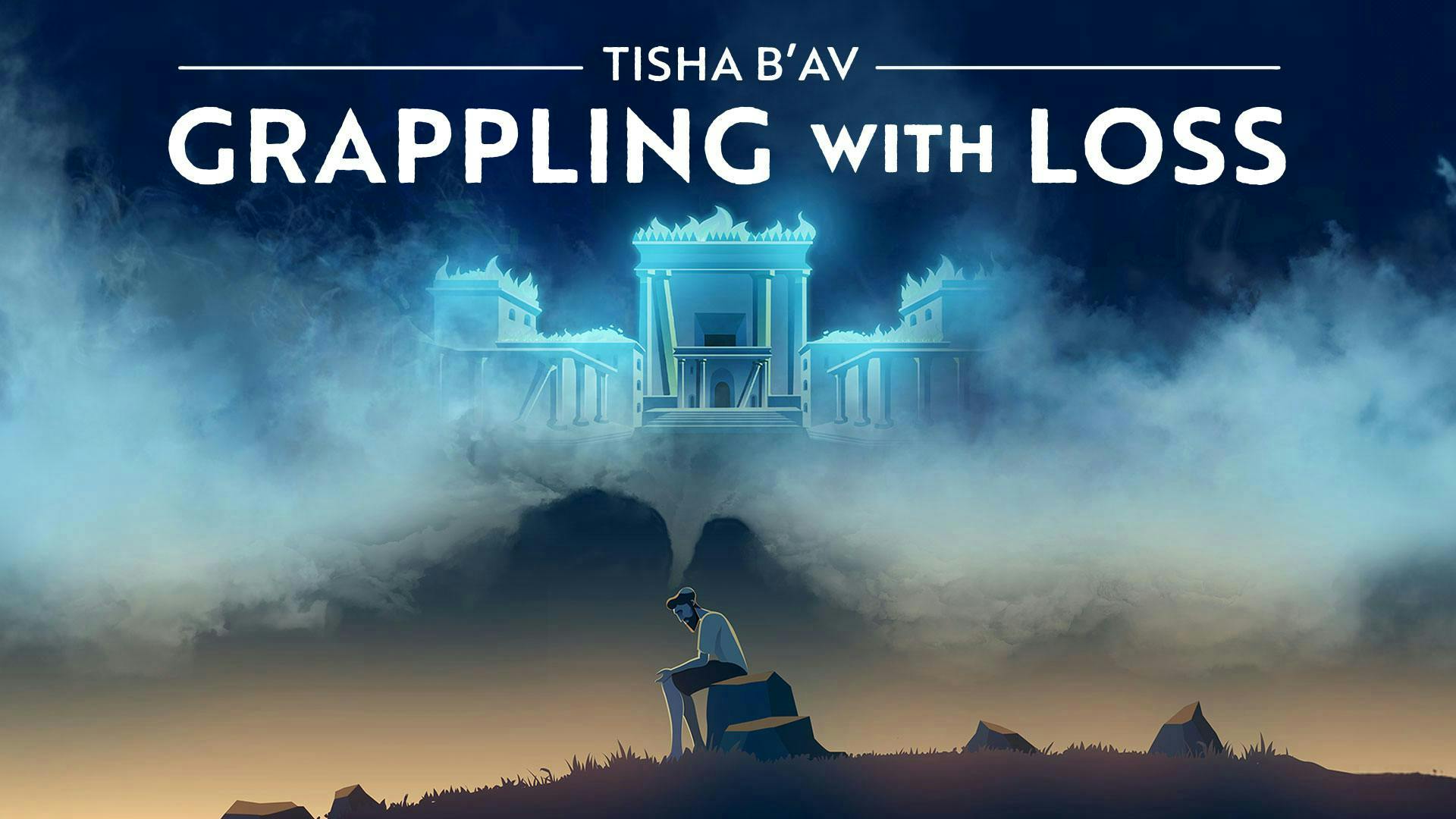Shabbat Nachamu
What is Shabbat Nachamu?
By Sarah Rashba | 10 July 2025 | 3 Minute Read
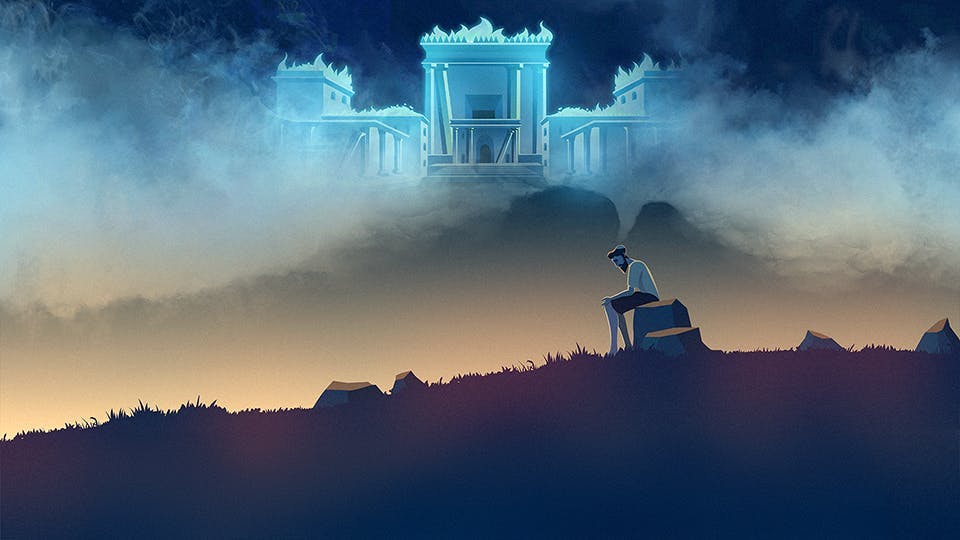
Looking for more?
We have hours of delightful videos and podcasts to enhance your Yamim Noraim experience.
Shabbat Nachamu 2025
Shabbat Nachamu this year begins at sundown on Friday, August 8, 2025 and ends at nightfall on Saturday, August 9, 2025. This falls out on Parshat Vaetchanan.
What Is Shabbat Nachamu?
The Shabbat after Tisha B'Av is called Shabbat Nachamu, the Sabbath of Comforting. The name comes from chapter 40 of the Book of Isaiah: נַחֲמוּ נַחֲמוּ עַמִּי יֹאמַר אֱלֹקיכֶם – “Comfort, comfort My people, says your God.”
Why a Shabbat of consolation? In the three weeks leading up to Tisha B’Av, we focus on the losses and sad events before the destruction of the Temple. After Tisha B’Av is over, we turn to our hopes for future redemption. In the coming weeks, this mood of hope and consolation will lead us into the month of Elul, when we begin to prepare for Rosh Hashanah, the Jewish New Year.
Haftara Shabbat Nachamu
On Shabbat Nachamu we read the Haftarah from chapter 40 of the Book of Isaiah, which speaks of comforting the Jewish people for all their suffering. This is the first of seven Haftarot from Isaiah, all expressing the theme of redemption, that we read between this Shabbat and Rosh Hashanah.
Shabbat Nachamu and Isaiah: The prophet Isaiah lived in a time when the ancient kingdoms of Israel and Judah were threatened by the Assyrian empire. Isaiah prophesied about these dangers to King Hezekiah and warned the people that their choices might lead to disaster. But in the later chapters of the Book of Isaiah, we find many uplifting prophecies about a time when God will return the people to their homes and rebuild their cities. Most importantly, the bond between God and the people will be restored.
Dvar Torah for Shabbat Nachamu
The balance of grieving and consolation at this time of year can be challenging. Tisha B’Av asks us to remember the darkest days of our history and mourn for those losses. We all have phases of our lives when it’s hard to feel sorrow over things we haven’t witnessed, especially when some of them happened so many centuries ago. But then there are other times when we’re overwhelmed by our own losses, and hope seems far away. In Grappling with Loss, Rabbi Fohrman explores another passage from the Book of Isaiah that helps us relate to the challenges of life in our world. Isaiah’s message gives us a way to look at all these difficulties… a way that just might bring us a measure of comfort when it’s hard to find.
What is Aleph Beta?
Aleph Beta is a unique kind of Torah library. Led by our founder, Rabbi David Fohrman, we are dedicated to high-level, textual Torah learning for adults that is intellectually and spiritually sophisticated, that enlivens your Jewish practice and helps you forge a deeper connection to God. Whether you’ve been learning in yeshiva for years or you’re just beginning your Torah journey, you’re sure to find something meaningful and surprising waiting for you here.
Browse our library of over 1,000 beautifully produced animated videos, podcasts, deep dive courses, and printable guides. Topics include the weekly parsha, Jewish holidays & fast days, laws & mitzvot, prayers, relationships, big philosophical ideas and more. Have something to say at the Shabbos table that will amaze your family and guests and bring deep meaning into their lives.
